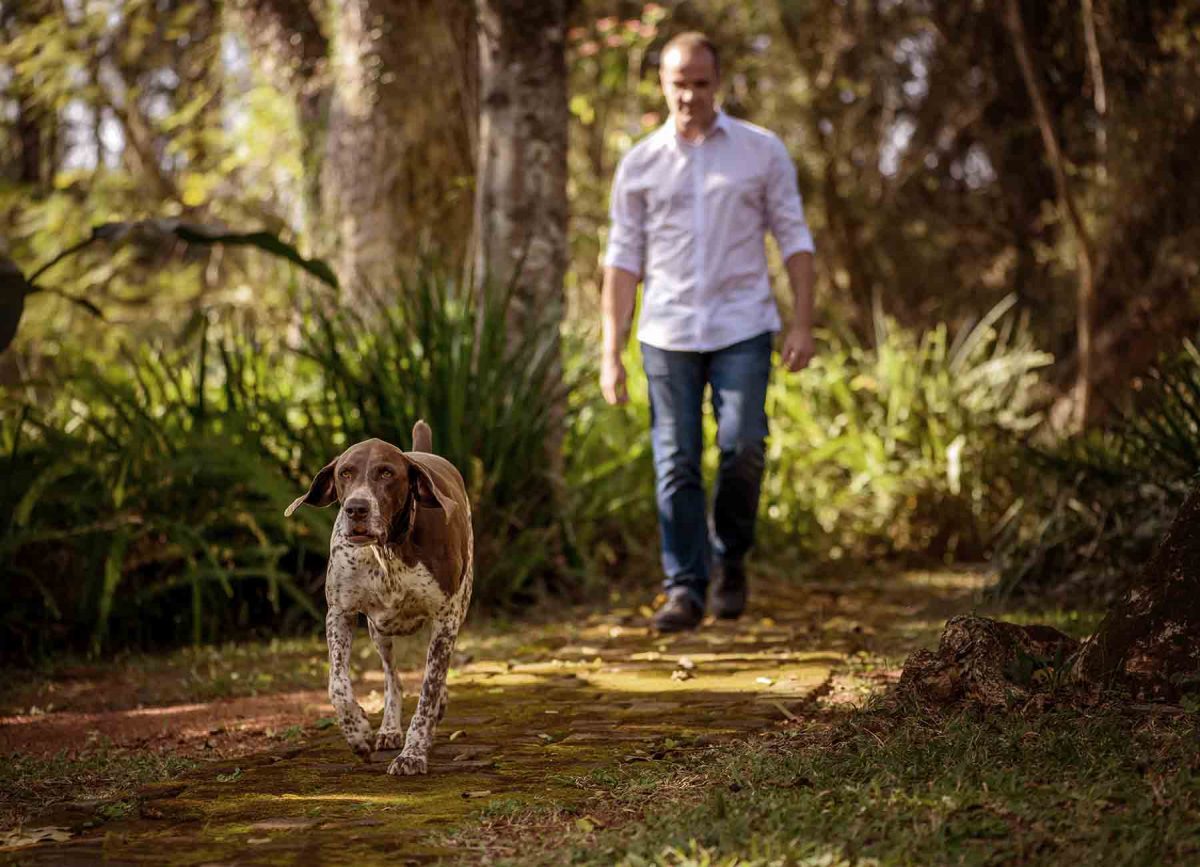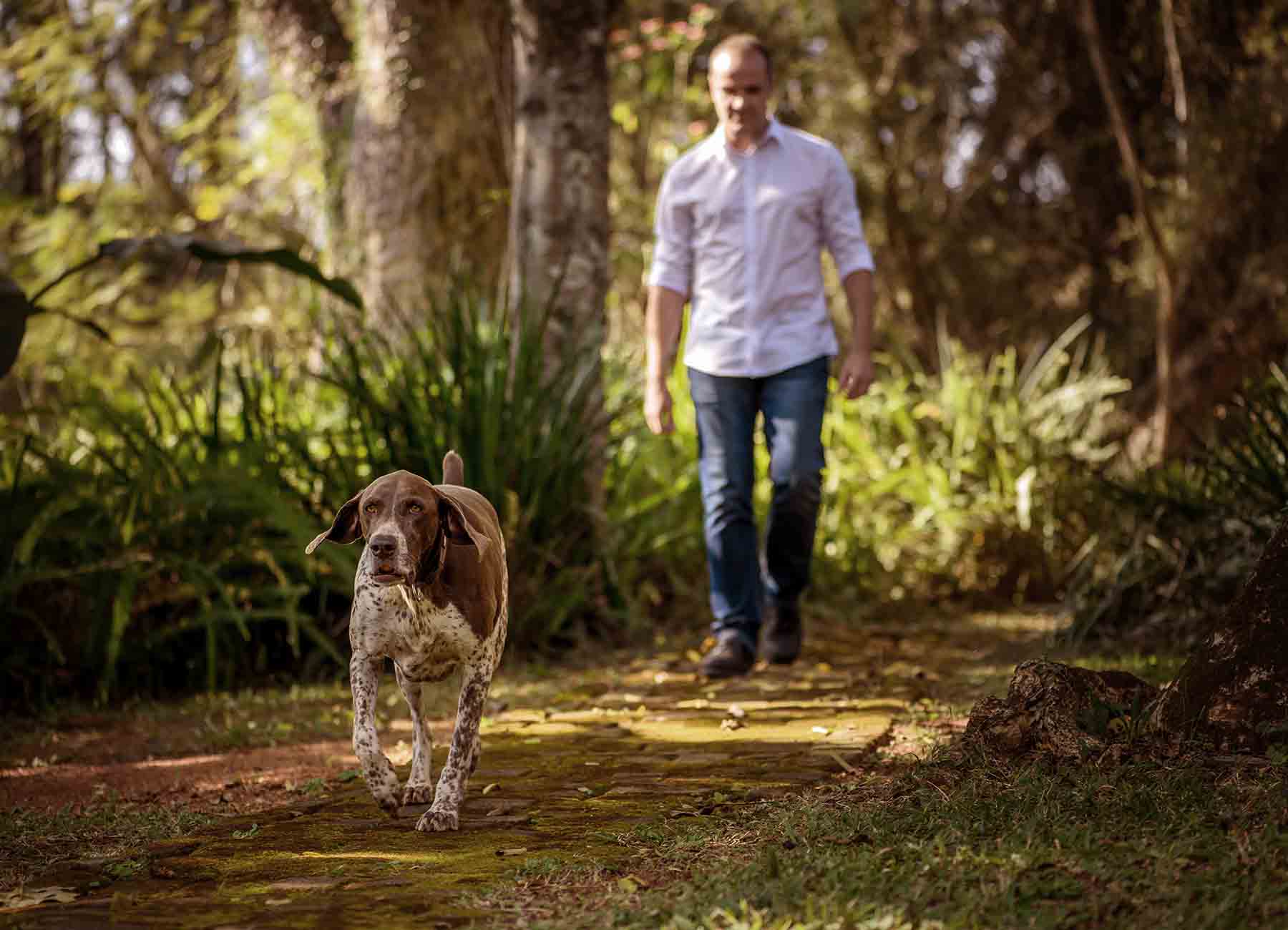There are so many stresses in life between work, personal relationships and social commitments. Sometimes we forget that contact with another being can seriously affect our stress levels – in a positive way!
Believe it or not, science research has established that daily cuddles with your pet are good for both of you. Just 30 minutes with a puppy positively affects your brain chemistry and changes the bodies stress response.
Pet cuddles can also play an important role in improving your physical health and helping relieve anxiety and depression. They can help to reduce our blood pressure in stressful situations, lower cholesterol and increase physical activity.
What are the other benefits of spending times with pets or animals?
- Interacting with animals is calming
- It increases our ability to interact and connect with humans
- Animals encourage us to be more physically active
- Having a pet can help us overcome feelings of loneliness
- Animals can help us to be less co-dependent in relationships
When you are battling with substance addiction, the support you receive from your loved ones is vital. Having people around to love and care for us goes a long way to aid our rehabilitation. But what about love and cuddles from a pet? Can that also help?
The answer is yes, pet therapy, or animal-assisted therapy can have far-reaching benefits in addiction therapy and rehabilitation.
What is animal-assisted therapy (AAT)?
Animal-assisted therapy uses animals to support clients with mental health disorders or addiction problems. Research shows that it improves our physical, mental and emotional wellbeing.
A study carried out in 2015 with 231 people taking part demonstrated that mental health rehabilitation which involved animal-assisted therapy strengthened the therapeutic alliance between patient and therapist.
In fact, animal-assisted intervention is widely recognised as being beneficial to addiction therapy and has been used in hospitals, rehabilitation centres, prisons, and nursing homes.
Undertaken alone, pet therapy isn’t the answer. To be effective, it should be included as a goal-assisted intervention, directly linked to the client’s overall treatment plan.
If you are seeking an addiction rehabilitation program that includes animal-assisted therapy, make sure you choose a centre that has practitioners with experience working with animals in a mental health environment.

In most countries, there are no specific qualifications or occupational standards for practitioners working in the AAT field. The therapy is generally carried out in a controlled environment with a multi-disciplinary team of certified therapists, where some have taken AAT as an extended module to their overall qualification or taken part in a stand-alone certification course for animal professionals.
What animals can be used?
Dogs (canine-assisted therapy) are the most commonly used animals in pet therapy. But what animal you work with, will depend on your specific needs and the chosen centre. Horses (equine therapy) are also commonly used in the treatment of substance abuse.
A centre that uses animal-assisted therapy will carefully select and train the animals, which are typically mature dogs or horses. When trained and used correctly, they can become your loving and supportive companions during your rehabilitation time.
Other animals that are used in animal-assisted therapy include:
- Cats
- Pigs
- Dolphins
- Rats
- Rabbits
- Birds
- Guinea Pigs
- Llamas and Alpacas
No research has been done on whether some animals are more successful than others in addiction and mental health disorder treatment.
How can animal-assisted therapy help in addiction treatment?

There are many benefits to using animals as part of a holistic program for addiction treatment. The most important recognised benefit is the strengthened alliance between client and therapist.
Animal-assisted therapy creates a better bond between the two, and when there is a strong relationship, it supports the success of the treatment.
In turn, this decreases the problem of the client pulling out of rehabilitation treatment before they have recovered, which can often happen. The stronger the bond between client and therapist, the more likely the client is to continue treatment and improve their chances of success.
The other important benefit of animal-assisted intervention during addiction treatment is in improving the client’s range of emotional responses.
Client’s suffering from substance abuse or trauma disorder often experience a reduced range of emotional responses and have difficulty experiencing and processing their emotions. When their treatment incorporates animal-assisted therapy, it can help to regulate their emotional responses to situations.
In these cases, pet therapy acts as a model for mindfulness. Teaching clients how to experience emotions in real-time and how to navigate the world of emotions.
Other ways that AAT can help in addiction treatment
- Reduces anxiety during therapy
- Helps us to open up and talk about our addiction
- Improves the mood
- Boosts self-confidence
- Strengthens social and communication skills
A holistic approach to addiction treatment
Animal-assisted therapy isn’t a stand-alone therapy for substance abuse disorders. The intervention should be used to complement traditional and holistic therapy methods where it can improve the bond between patient and therapist, help to strengthen our emotional processes, and motivate patients to stay in treatment.
At White River Manor in South Africa, we take a whole-person approach to addiction therapy, using a range of treatments and activities. Our professional team has decades of experience in addiction treatment.
Our holistic programs are individually tailored to the client and incorporate the required level of intensive therapy, medical management, psychiatric evaluation, invigorating exercise options, healthy eating, and incredible experiences exploring this beautiful part of the world.







